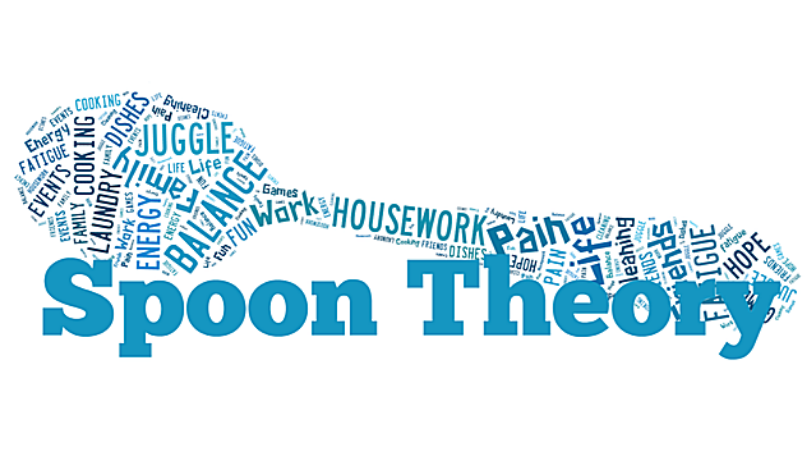
People who care for others have to take care of themselves to avoid caregiver burnout and other emotional and physical problems.
As part of our advocacy work, we encourage our members and friends to take care of themselves. Many parents don’t see themselves as “caregivers.”
“Caregiving takes many forms. Many of us help older, sick, or disabled family members and friends every day. We know we are helping, but we don’t think of ourselves as caregivers. We are glad to do this and feel rewarded by it, but if the demands are heavy, over time we can also become exhausted and stressed. We think we should be able to handle caregiving roles on top of busy work and family schedules and begin to feel guilty and depressed as our stamina wanes.” – Family Caregiver Alliance
As our children age our chances of reaching a point where caregiving over a lifetime takes its toll increase.
“Over all, caregivers who experience the greatest emotional stress tend to be female. They are at risk for high levels of stress, frustration, anxiety, exhaustion and anger, depression, increased use of alcohol or other substances, reduced immune response, poor physical health and more chronic conditions, neglecting their own care and have higher mortality rates compared to noncaregivers.” – Family Caregiver Alliance
Spoon Theory, written by Christine Miserandino, provides a way of visualizing how we use a finite amount of energy each day.

Groups like Family Caregiver Alliance and Caregiver Action Network give great tips on how to take care of you.
- Seek support from other caregivers. You are not alone!
- Take care of your own health so that you can be strong enough to take care of your loved one.
- Accept offers of help and suggest specific things people can do to help you.
- Learn how to communicate effectively with doctors.
- Caregiving is hard work so take respite breaks often.
- Watch out for signs of depression and don’t delay getting professional help when you need it.
- Be open to new technologies that can help you care for your loved one.
- Organize medical information so it’s up to date and easy to find.
- Make sure legal documents are in order.
- Give yourself credit for doing the best you can in one of the toughest jobs there is!
Unpaid family caregiving has gotten a great deal of attention and advocacy itself lately.
“Each year, unpaid family caregivers provide 37 billion hours of unpaid care, valued at an estimated $470 billion — as much as the combined annual sales of Apple, Hewlett Packard, IBM and Microsoft.” – AARP
AARP helped get the Recognize, Assist, Include, Support and Engage (RAISE) Family Caregivers Act signed by the President.
“Among its provisions, the RAISE act calls for bringing together public and private sectors to recommend actions that communities, government, providers and others can take to make it easier for caregivers to coordinate care and receive information, referrals and resources.”- AARP
How do you care for yourself?

